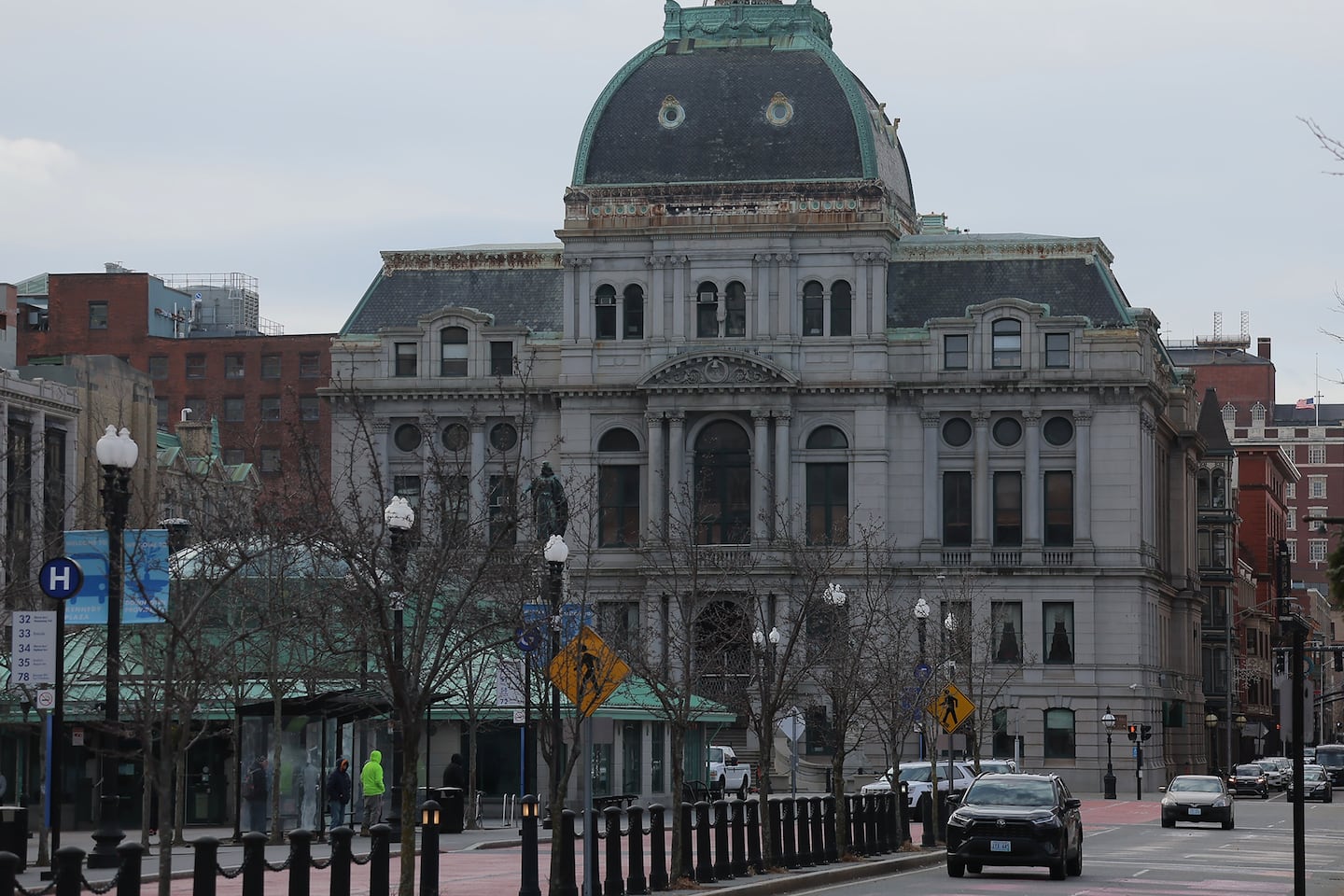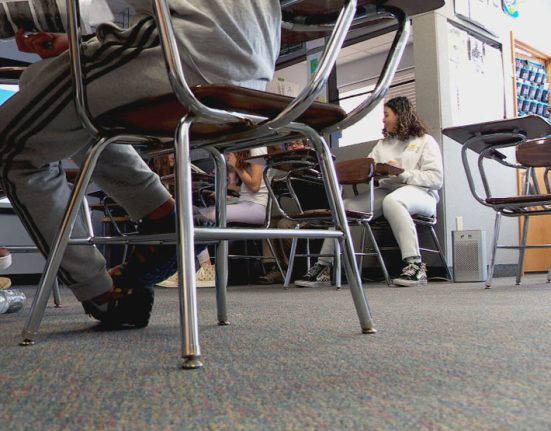Because the city reassessed home values last year, residential tax bills are going up across the board, even though the city is lowering the actual rates. City officials had to get General Assembly approval to raise taxes beyond the legal limit, which happened last week. The bill was signed into law by Governor Dan McKee on Tuesday.
Under Smiley’s original proposal in April, the average tax bill on an owner occupied single-family home would have gone up by 4 percent, while homeowners who live in multifamily homes like duplexes or triple-deckers would have seen a 16 percent increase on average.
The new plan, released by the City Council Thursday, increases the tax bills of both groups by 6 percent on average, slightly increasing the single-famly home rate and decreasing the rate for 2-5 unit homes.
“It evens out the share that people are paying in taxes,” Council President Rachel Miller told the Globe.
Miller said Smiley’s original proposal would hurt “mom-and-pop” landlords who own duplexes and triple-deckers and live in one unit, and the higher taxes would be passed along to tenants in the other units.
“We need to create a situation where renters aren’t seeing an increase,” Miller said. “Rents are too high citywide.”
The reason the original tax hike proposal was lopsided is because the values of multifamily homes with 2-5 units increased by nearly 50 percent in the recent reassessment, while single-family homes saw increases closer to 30 percent.
Legislation sponsored by Senator Jake Bissaillon that passed on Friday will allow Providence to split up property types into more tax categories, including by making single-family homes a separate category from multifamily homes. Previously, all residential homes of up to five units were taxed the same rate.
The new bill would also allow the city to break commercial properties up into two tax categories in the future. Governor Dan McKee has not yet signed it into law.
Commercial properties are the only category getting a tax cut — $59 on average — in part because their values did not skyrocket as much as residential properties did. The commercial tax rate is the highest of all the categories, and cannot be raised because of state-mandated ratios with the residential rates, city officials said.
Under the new plan, single-family homeowners in Providence will see an average increase of $243 on their bills, which are expected to hit mailboxes in mid-July. There are nearly 15,000 single-family homes in the city, 11,000 of which are occupied by their owners.
The largest percent tax increase will go to multifamily homes that are not occupied by their owners, at 13 percent on average. There are more than 6,600 such properties.
While those properties are full of renters, Miller said those landlords are often investors with multiple buildings, in some cases don’t even live in Rhode Island, and can more easily absorb a tax increase compared to a homeowner who lives in their property.
The amended version of the city budget set to be unveiled by the council also cuts Smiley’s proposed “nightlife manager” — Miller said she wants to revisit the idea next year — reduces the amount he budgeted for noise cameras, and covers the new $10 bulky-item pickup fee in the new waste management contract. That means pickup for bulky items such as large appliances and Christmas trees will remain free for residents.
Smiley’s proposed increases to parking tickets and other fines and fees will remain intact in the revised budget.
The council’s amended plan is also expected to restore a sustainability policy associate, one of 23 jobs Smiley eliminated in his original budget.
Smiley spokesperson Josh Estrella confirmed the mayor is on board with the council’s amendments.
“I respect the City Council’s work to smooth out increases for all property owners in a way that responds to recent revaluations in our neighborhoods,” Smiley said in a statement. “Together we developed a streamlined, cost-effective budget that addresses the city’s severe budget shortfall and lessens the burden on our taxpayers.”
The changes will increase the total amount of taxes levied by 5.85 percent compared to last year, or about $23 million in additional taxes. The legal limit is typically 4 percent, but state lawmakers authorized the city to raise it up to 8 percent for this year only.
Smiley had initially proposed an increase of 7.5 percent, or nearly $30 million. Estrella said Smiley’s plan included conservative estimates of how much aid would come into the city, but the state budget approved last week includes more aid than originally anticipated.
Residents can weigh in on the newly-proposed tax rates on Monday at 5:30 p.m. inside the council chambers at City Hall. The Council Finance Committee is expected to amend the budget and pass it as soon as Monday night, and the full council has to pass it twice, likely on July 7 and 14, before sending it to Smiley’s desk.
The budget year starts July 1, so tax bills will be sent out considerably later than usual. First-quarter taxes are usually due July 24, but the city is expected to extend a grace period.
City Hall will likely be late in paying its own bills because of the delay in collecting taxes, Estrella said. Vendors and grant recipients have been notified that their July payments could be late, and a payment to the Providence Public School District is also expected to be delayed.
Steph Machado can be reached at steph.machado@globe.com. Follow her @StephMachado.







